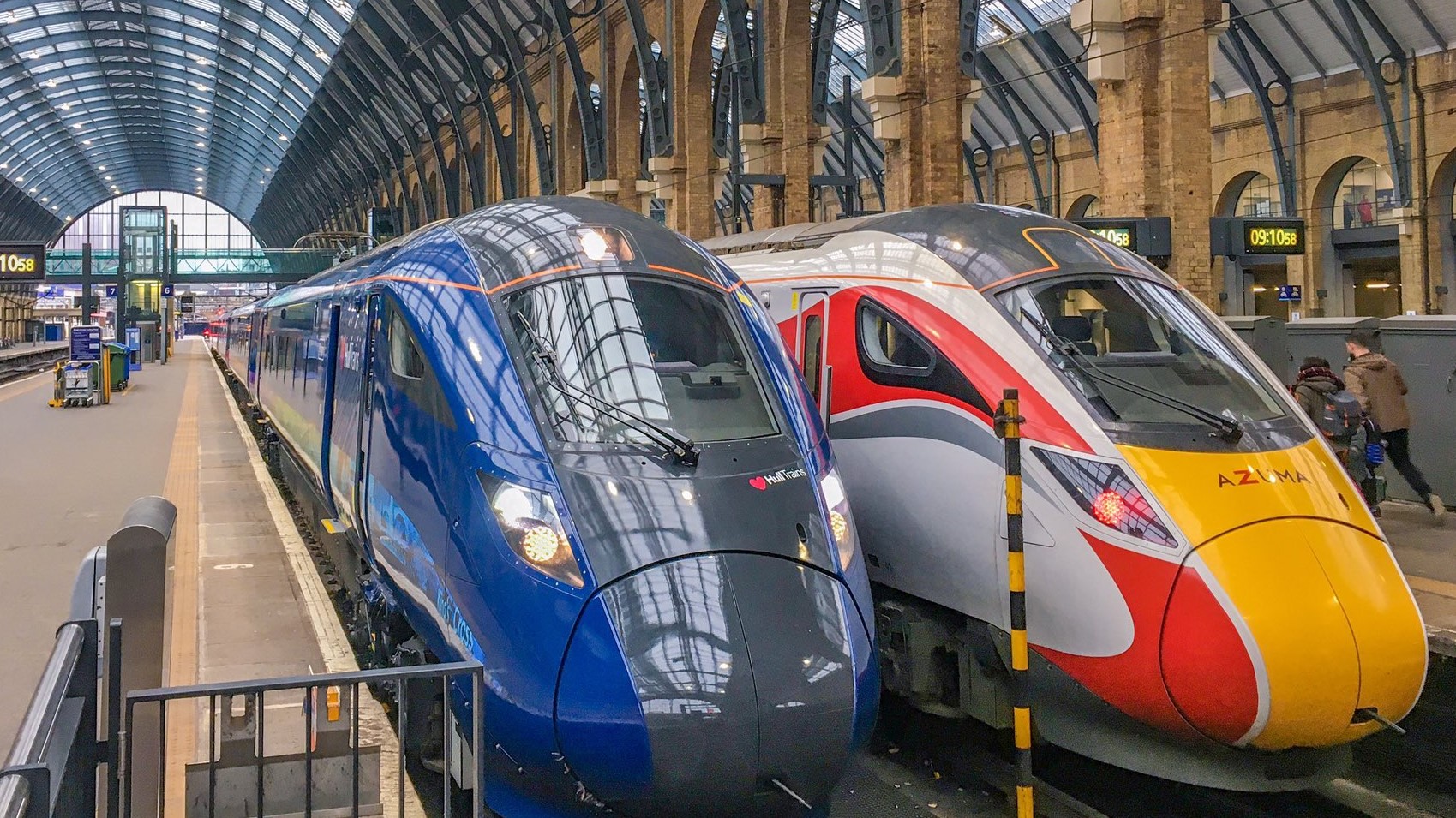
The open-access train companies are having a tough time. With passenger revenues way down and no government support, unlike the franchised operators, they are struggling to keep going.
As a result, Hull trains suspended operations on Monday 30 March. Grand Central followed suit on Friday 3 April.
State-owned rail company LNER, which had earlier stopped its London to Hull service in light of the reduced demand, leaving the field clear for Hull Trains, reinstated a London to Hull and a Doncaster to Hull service, once each way each day.
LNER may now do the same to plug the gap left by the suspended Grand Central services.
As LNER is already publicly owned, operated by the Department for Transport’s ‘operator of last resort’ DOHL (DfT OLR Holdings Limited), at least one trade union is now calling for the arrangement to be made permanent.

Transport Salaried Staffs’ Association (TSSA) leader Manuel Cortes said: “Grand Central provides services from the North East and West Yorkshire that many passengers rely on. It needs to keep running so key workers such as those in the NHS, police, and food shops can make it to work.
“When Hull Trains stopped running, LNER put on a replacement direct train service from Hull to London. LNER is also planning to start running trains to replace some Grand Central services. If they’re going to do that why not just take on the whole shebang?
“Across Britain’s rail network there’s been a 95 per cent drop in passenger numbers because of coronavirus, which companies like LNER can cope with because they’re in government hands. But companies like Grand Central and Hull Trains are ‘open access’ operators that don’t have any government support, so this drop in passenger numbers has hit them hard.
“Grand Central and Hull Trains are furloughing their staff because, otherwise, they’d go bust during the pandemic. LNER taking over the companies would give staff vital security, in terms of jobs and incomes, and would reassure passengers that the train services will be running reliably again at the end of the crisis.
“It would also reassure NHS and other key workers travelling for their jobs that they will continue to be able to do so.
“The best solution for any railway line is to be run for the public good, in the public sector, which LNER is doing now. If Covid-19 has shown us anything, it’s that our railways are a vital public service, which need to keep running regardless of profits. That’s why our union has always called for our railways to be publicly owned.
“Now that the government has nationalised the railways in all but name, they should have the courage to finish the job once we’ve beaten this pandemic.”


Be the first to comment